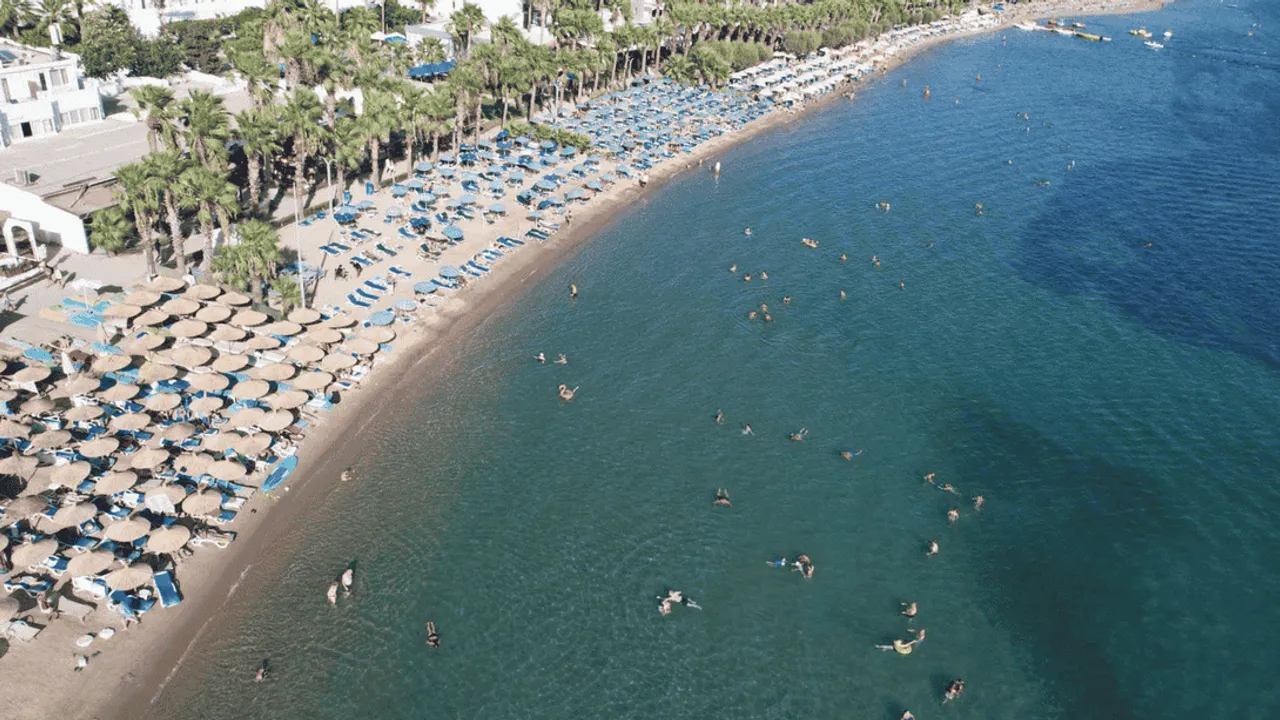Sea Water Temperature Increased in the Aegean: Swimming Season Extended

An analysis of satellite data covering the years 2008-2025, conducted by Prof. Dr. Tuncay Kuleli, Director of Muğla Sıtkı Koçman University (MSKÜ) Bodrum Maritime Vocational School, revealed that sea water temperature in the Aegean Sea increased above the global average. Maps prepared with 6,452 days of temperature data obtained from the Copernicus satellite program showed that some regions were giving a 'red alarm'. According to the research, the swimming season on the Aegean coasts has extended by approximately 11 days in the last 18 years.
Prof. Dr. Kuleli, Director of MSKÜ Bodrum Maritime Vocational School, conducted a satellite data analysis covering the years 2008-2025. The analysis, prepared by examining 18 years of satellite data, determined an average increase of 0.55 degrees Celsius every 10 years across the Aegean Sea. In some parts of the Thracian coasts and the North Aegean, this rate exceeded 0.09 degrees Celsius, indicating an increase of approximately 1 degree Celsius per decade. This rate was found to be much higher than the global average. Around the Cyclades Islands, however, warming was observed to be more moderate.
SWIMMING SEASON EXTENDED BY 11 DAYS
The most significant result of the research, reflected in daily life, was the change in the swimming season. According to the analysis, while no significant change was observed at the start of the season, its end shifted forward by an average of 0.64 days each year. Thus, a total extension of approximately 11 days occurred between 2008-2025. Prof. Dr. Tuncay Kuleli said, "This is no longer an abstract climate model, but a concrete reality that directly affects our holiday plans, coastal economy, and ecological balance. While it appears that new opportunities are emerging for autumn tourism on one hand, on the other hand, we are witnessing the disruption of marine life's biological rhythms and the ecosystem coming under severe stress."













